Climate Resilience and Indigenous Values
According to the Centre for Climate Change and Energy Solutions “Climate resilience is the ability to anticipate, prepare for, and respond to hazardous events, trends, or disturbances related to climate.” An Indigenous community may improve its resilience to climate change by considering current and future risks associated with climate change, and by drawing from their shared values to influence legislation protecting the environment.
Indigenous communities are taking an active role to build their own climate change resilience through local and traditional knowledge systems and control over their resources. If these aspects are undermined by non-Indigenous and Western scientific knowledge and land management practices, Indigenous climate resilience is threatened.
The values of diverse Indigenous peoples contribute to strengthening Indigenous climate resilience worldwide by:
- Sustaining a physical and spiritual connection with Mother Earth;
- Upholding the sense that one’s personal and community’s well-being is connected to the well-being of the environment; and
- Fostering Intergenerational equity: “the principle that every generation holds the Earth in common with members of the present generation and with other generations, past and future.”
In Aotearoa (New Zealand), the Māori principle that the well-being of humans and nature are connected, influenced the Te Awa Tupua (Whanganui River Claims Settlement) Act 2017, which granted the Whanganu River, and the nearby forest, the same “rights, powers, and duties of a legal person.” Many Indigenous communities, inspired by this legislation, are trying to enact similar laws in their own jurisdictions, and contribute to their own climate resilience.
By Leela Viswanathan

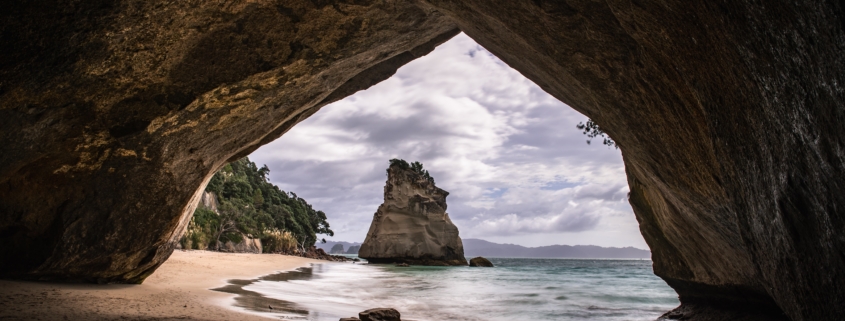
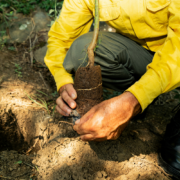 Fellipe Ditadi, Unsplash+
Fellipe Ditadi, Unsplash+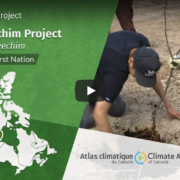
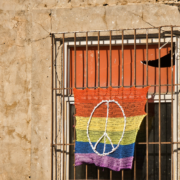
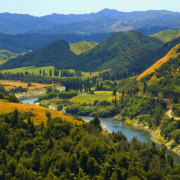 James Shook
James Shook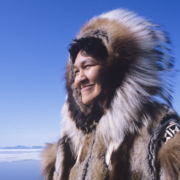 Shutterstock, Licensed
Shutterstock, Licensed

